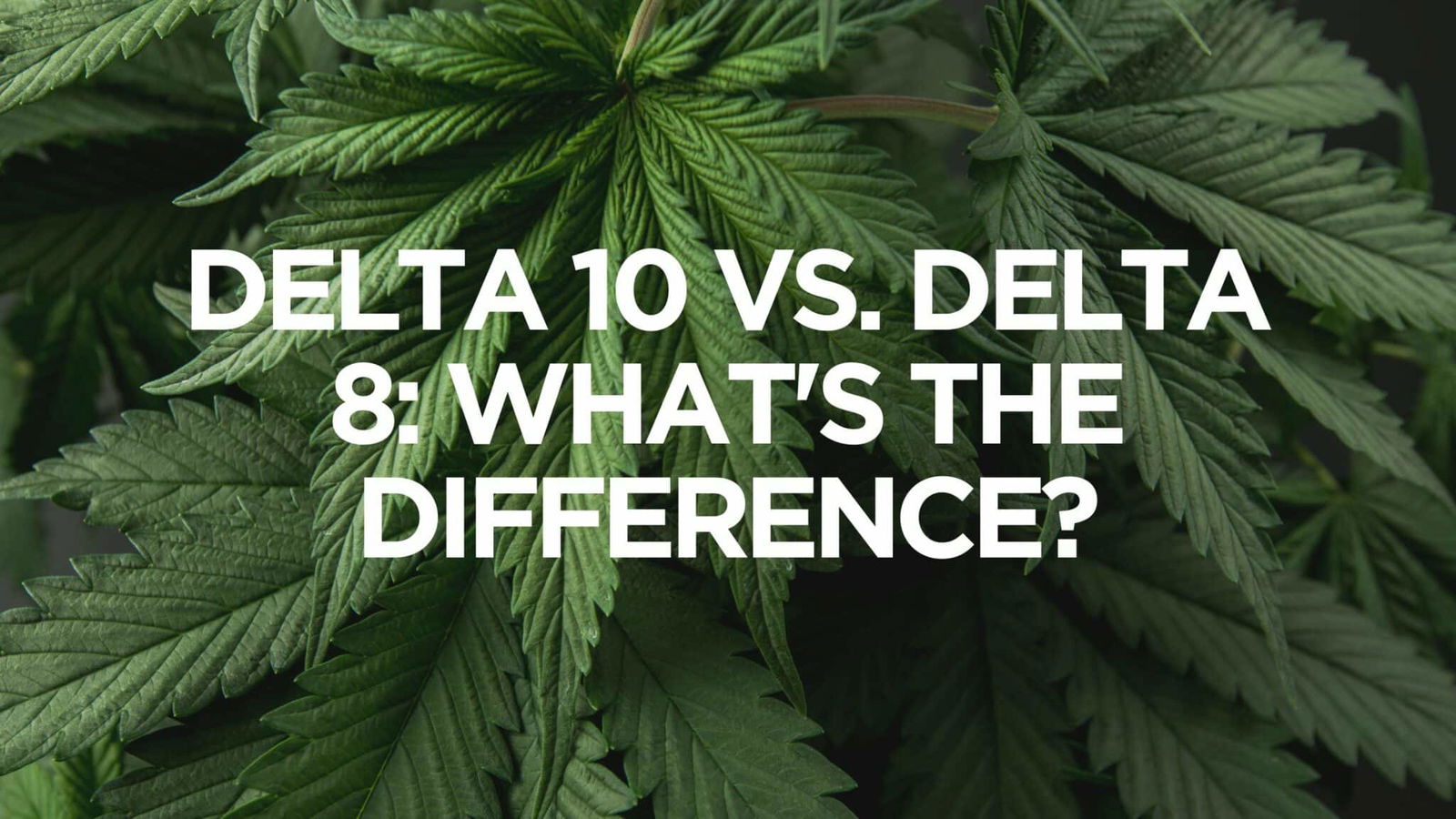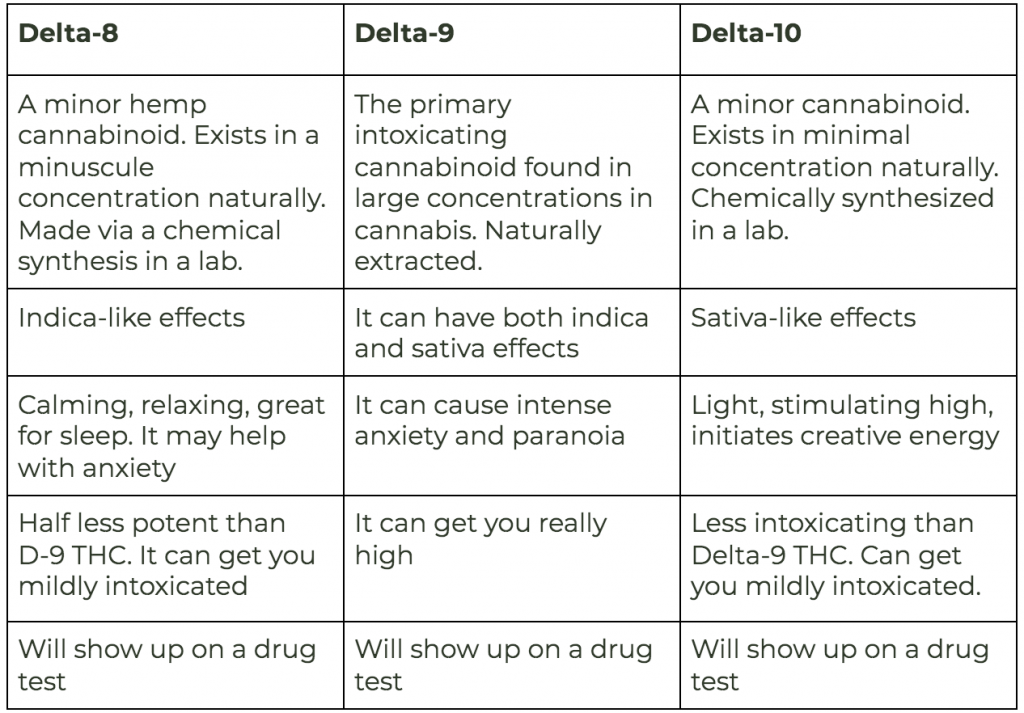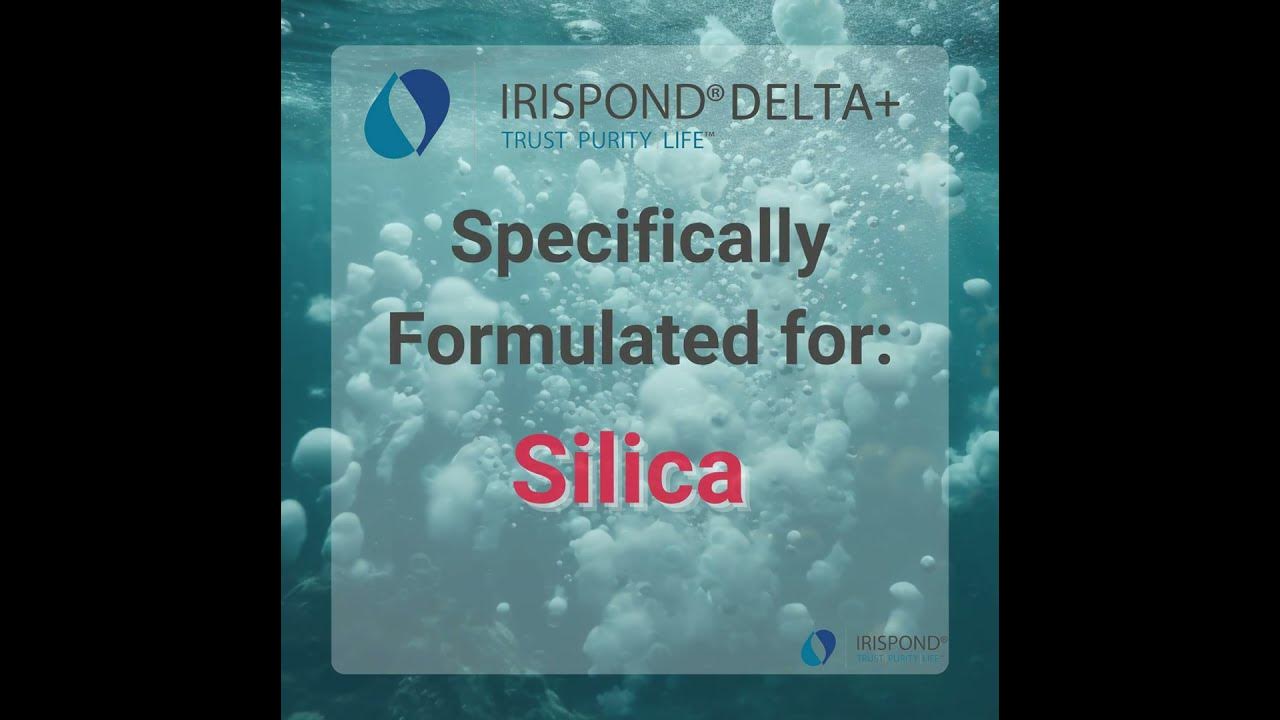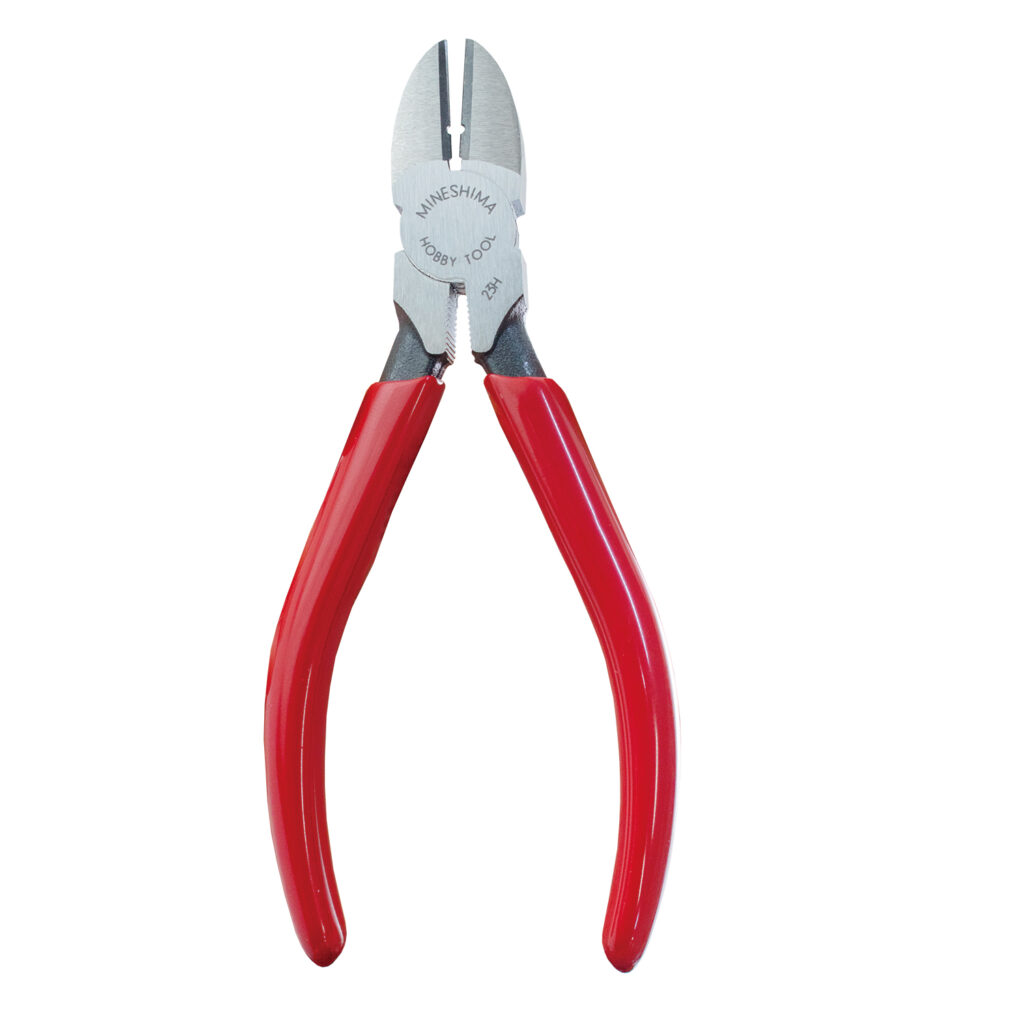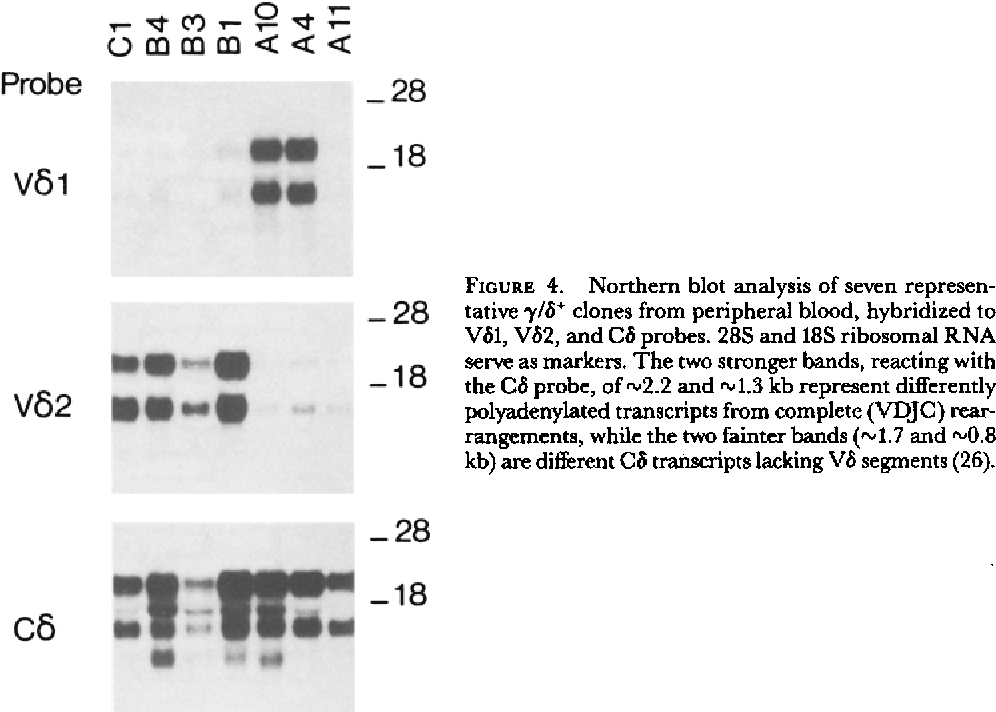Is Delta 10 Stronger Than 8

The landscape of cannabis-derived products is in constant flux, leaving consumers grappling with a confusing array of options. Among these, Delta-8 and Delta-10 THC have emerged as popular alternatives to traditional Delta-9 THC, the primary psychoactive component of cannabis. But a burning question remains: which of these cannabinoids is stronger, and what factors influence their effects?
This article delves into the intricacies of Delta-8 and Delta-10, exploring their chemical structures, purported effects, and the existing (albeit limited) scientific evidence. We will analyze anecdotal reports, examine expert opinions, and consider the legal and regulatory landscape surrounding these increasingly prevalent compounds. The goal is to provide a clear, fact-based comparison to help consumers make informed decisions amidst the evolving world of hemp-derived cannabinoids.
Understanding the Chemical Differences
Both Delta-8 and Delta-10 THC are isomers of Delta-9 THC. This means they share the same chemical formula but differ in the placement of a double bond in their carbon chain. This seemingly minor difference accounts for the variations in their psychoactive properties.
In Delta-8 THC, the double bond is located on the eighth carbon atom, while in Delta-10 THC, it's on the tenth. Experts suggest that this difference affects how these cannabinoids bind to the body's endocannabinoid system, specifically the CB1 receptors in the brain, which are responsible for psychoactive effects.
Psychoactive Potency: Anecdotal Evidence vs. Scientific Data
Anecdotally, Delta-8 THC is often described as being roughly half as potent as Delta-9 THC. Users report a milder, more relaxing high compared to the sometimes intense and anxiety-inducing effects of traditional marijuana.
Delta-10 THC, on the other hand, is generally considered even less potent than Delta-8. Many users describe its effects as more energizing and uplifting, with a focus on cerebral rather than body effects. Some suggest that Delta-10 produces a high similar to certain Sativa strains of cannabis.
However, it's crucial to acknowledge the lack of rigorous scientific research directly comparing the psychoactive potencies of Delta-8 and Delta-10. Much of the information available is based on user experiences and preliminary studies, highlighting the need for more controlled clinical trials.
Factors Influencing the Effects
Beyond the inherent differences in potency, several factors can significantly influence the effects of both Delta-8 and Delta-10. Individual tolerance levels, body weight, metabolism, and the method of consumption all play a role.
For example, edibles containing Delta-8 or Delta-10 may produce a more delayed and intense effect compared to vaping or smoking. This is due to the cannabinoids being metabolized differently when ingested. Furthermore, the presence of other cannabinoids and terpenes in a product can also alter the overall experience, a phenomenon known as the "entourage effect".
The dosage is arguably the most critical factor. A higher dose of Delta-10 could potentially produce effects comparable to a lower dose of Delta-8, depending on individual sensitivity. Starting with a low dose and gradually increasing it is always recommended, especially for those new to these cannabinoids.
Expert Opinions and Research Landscape
Dr. Ethan Russo, a renowned neurologist and cannabis researcher, has emphasized the need for more scientific investigation into the effects of these minor cannabinoids. He notes that while anecdotal reports can be valuable, controlled clinical trials are essential to understand their true therapeutic potential and safety profiles.
Currently, research is limited, with many studies focusing on Delta-9 THC and CBD. However, some preliminary studies suggest that Delta-8 THC may possess antiemetic, anxiolytic, and analgesic properties. Research on Delta-10 THC is even scarcer, with most information derived from anecdotal reports and chemical analyses.
The FDA has issued warnings regarding the potential health risks associated with unregulated Delta-8 THC products. They have highlighted concerns about manufacturing processes, product labeling inaccuracies, and the potential for adverse effects, particularly in children and adolescents. This emphasizes the importance of purchasing products from reputable sources that provide third-party lab testing results.
Legality and Regulation
The legal status of Delta-8 and Delta-10 THC is complex and varies significantly depending on state and federal regulations. The 2018 Farm Bill legalized hemp-derived products containing less than 0.3% Delta-9 THC. However, many states have since enacted their own laws, with some explicitly banning or restricting the sale and use of Delta-8 and Delta-10.
This legal ambiguity creates confusion for consumers and businesses alike. Some argue that these cannabinoids are legal under the Farm Bill, as they are derived from hemp and contain less than 0.3% Delta-9 THC. Others contend that the intent of the Farm Bill was not to legalize psychoactive substances beyond Delta-9, regardless of their source.
The lack of clear federal regulations allows for a patchwork of state laws, making it challenging for businesses to operate legally and consistently across state lines. Consumers should be aware of the legal status of Delta-8 and Delta-10 in their state before purchasing or using these products.
Conclusion: A Call for Further Research and Regulation
Determining whether Delta-10 is stronger than Delta-8 is not straightforward. While anecdotal evidence suggests that Delta-8 is generally more potent, the effects of both cannabinoids are influenced by a multitude of factors, including dosage, individual tolerance, and the specific product formulation. Both are considerably less potent than Delta 9 THC.
The need for more robust scientific research is paramount. Only through controlled clinical trials can we gain a comprehensive understanding of the therapeutic potential, safety profiles, and relative potencies of Delta-8 and Delta-10 THC.
Furthermore, clear and consistent regulations are essential to protect consumers and ensure product quality and safety. Until such regulations are in place, consumers should exercise caution, purchase products from reputable sources with third-party lab testing, and consult with healthcare professionals before using Delta-8 or Delta-10 THC products.
